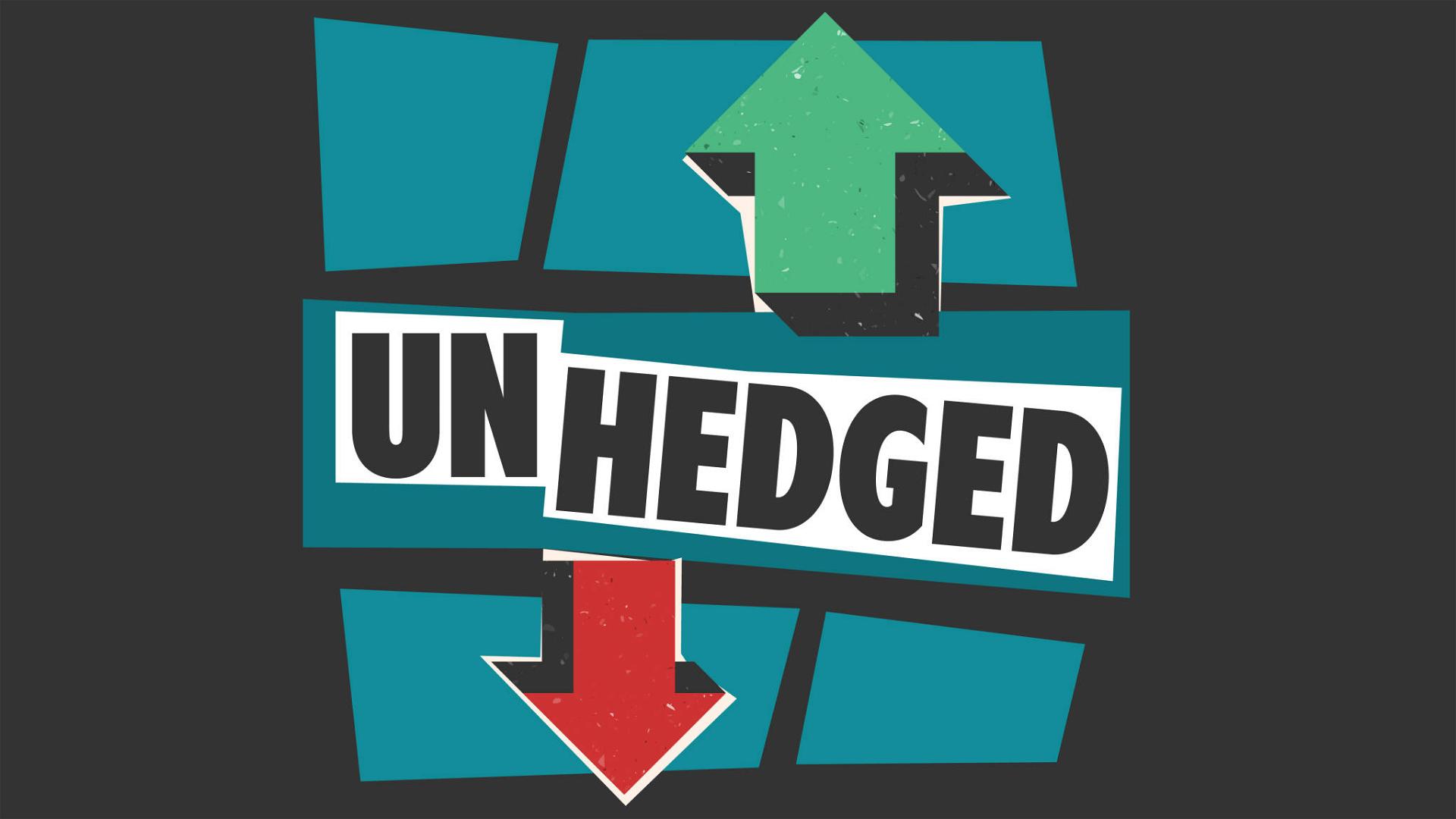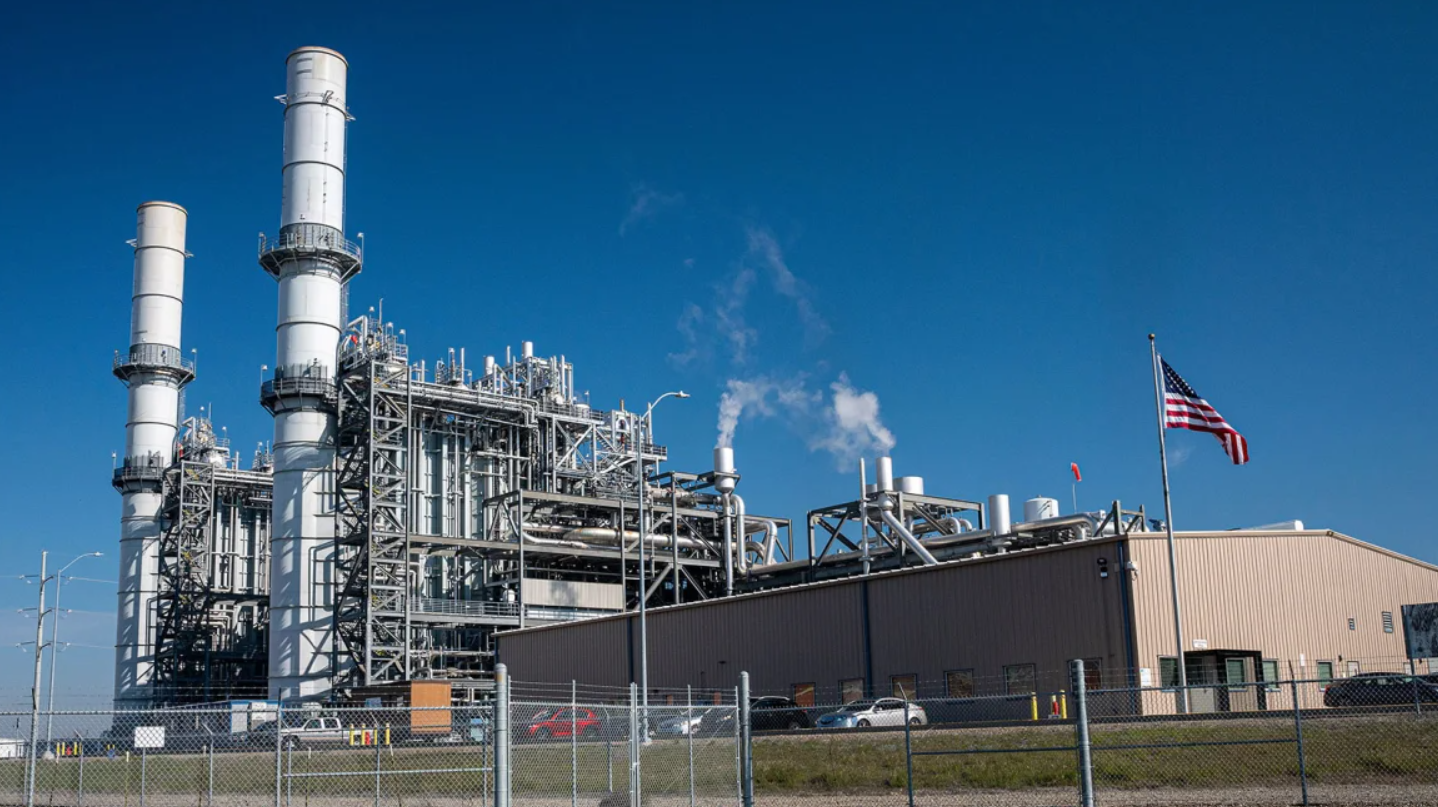· 6 min read
1. Diversification from Russian gas ‘possible and feasible,’ says Draghi
By Politico
- “We no longer want to depend on Russian gas, because economic dependence must not become political subjugation. To do this, we need to diversify energy sources and find new suppliers”, said Italian Prime Minister Mario Draghi in a recent interview
- Italy’s Eni signed a deal with Algeria’s Sonatrach earlier this month to receive an additional 9 billion cubic meters of gas by next year and in 2024
- Draghi also said Italy’s proposal to put a cap on the price of natural gas “is gaining support” in the EU. In fact, the bloc agreed to end coal imports in early April and there's pressure for that to be extended to oil and gas
2. Planet Earth’s Future Now Rests in the Hands of Big Business
By Time
- The U.S. Department of Energy in the last years has partnered with private companies to bolster the clean energy supply chain, expand electric-vehicle charging, and commercialize new green technologies, among a range of other initiatives
- Moreover, recently the Biden Administration, and around the world, government officials have increasingly focused their attention on the private sector—treating companies not just as entities to regulate but also as core partners
- Despite that momentum, risks abound. Companies have an incentive to make big commitments, but they need a credible system to set the rules of the road and ensure that those pledges can be scrutinized. Even then, corporate progress is unlikely to add up to enough without clear policy that incentivizes good behavior and/or punishes bad behavior
3. Earth Day Anthems: Songs to celebrate our amazing, damaged planet
By The Independent
- This Earth Day, writers for The Independent have selected some songs which relate to the natural world and help remind us that the environment is worth protecting
- One of the selected compositions is Antonio Vivaldi’s ‘The Four Seasons’, which were considered revolutionary at the time (1723), because the Italian composer aimed to directly write from the sounds of nature
- Other meaningful songs have been chosen, such as ‘The Last Resort’ by The Eagles (1976) - in which a powerful message about environmental destruction lies- or the more recent Back to the Earth by Jason Mraz (2014)
4. Stanford engineers invent a solar panel that generates electricity at night
By Interesting Engineering
- A clear night means infrared light from the surface of a solar panel that can freely radiate out into space. This flow of energy enabled Sid Assawaworrarit - PhD Candidate at Stanford - and his colleagues to generate from an ordinary solar panel a small amount of electricity during clear sky nights
- The device Assawaworrarit tested on the Stanford rooftop generates roughly 50 mW/m2, and this is considered as a ‘record number’ by the researcher and his colleagues
- "A solar cell is actually not a very good heat conductor, that's where the problem lies." Assawaworrarit say. The engineers fixed the problem by attaching the solar cell directly to an aluminum plate, which conducts the energy far more efficiently
5. Carbon markets can bridge gap to sustainability goals
By GreenBiz
- It takes on average 7 years for farmers to plan, experiment and gradually adopt regenerative practices such as no-till, cover crops or expanded crop rotation, and this long-term investment isn’t rewarded in our current environment of commodity production
- Carbon markets can bridge the gap: Corteva’s partnerships with the Ecosystem Services Market Consortium (ESMC) and IndigoAg are focused on developing metrics, tracking, and measurement to qualify farmers for carbon market sales
- Since carbon markets focus on the outcome of total carbon sequestered rather than paying for a specific practice, farmers have the opportunity to tailor practices to meet their agronomic and production goals
6. The Coming Green-Energy Inflation
By The Wall Street Journal
- While inflation has surged for fuels and energy-driven commodities, basic materials like copper, aluminum and nickel have not (yet) been too impacted. However, with promises to accelerate the green transition, this is about to change
- These materials are used to build everything, and technologies required for the green transition (ex. renewables, e-vehicles) need a lot of them. However, supply of these materials is not expanding apace.
- Given these conditions, inflation for these materials is set to last long (around a decade) and impact the price of the green transition, at least until supply rises. Policies facilitating mining operations will become necessary
7. The hydrogen energy dream
By Vox
- According to 2018 data, hydrogen fuel cells have dropped 60% in price since 2006, while their durability increased fourfold
- In the meanwhile, President Joe Biden announced close to $10 billion in funding to boost hydrogen production, and China announced plans to produce as much as 200,000 tons of carbon-free hydrogen per year to help run a fleet of 50,000 fuel cell-powered vehicles by 2025
- Green Hydrogen - which draws on renewable energy to split water into oxygen and hydrogen - is the final goal to reach. Currently, it is upward of twice as expensive to produce as grey hydrogen and it accounts for less than 1% of the world’s hydrogen production
8. Can Fashion Designers Really Learn to Be Sustainable?
By The Cut
- Sustainability has become an increasingly ubiquitous buzzword in the fashion industry. Customers say they want to be ethical consumers, yet what sustainability actually means in this context has become increasingly nebulous
- H&M launched a 2019 Conscious collection that was anything but ecoconscious; ASOS advertised nonrecyclable pants as 100 percent recyclable; and Uniqlo appointed a cartoon cat as its global sustainability ambassador while depriving Vietnamese garment workers millions in severance pay
- Moreover, recycled material isn’t necessarily biodegradable or compostable, and some experts suggest fashion companies need to go further than just using recycled materials to truly lower textile-mill emissions, which account for 76 percent of a garment’s carbon footprint
9. Carbon capture: the hopes, challenges and controversies
By Financial Times
- Carbon capture and storage (CCS)’s hype is justified by its potential to reduce emissions while renewables are scaling-up. It can also be used to produce blue hydrogen while green hydrogen is scaling up
- However, CCS is not financially viable (large scale projects failed so far) and a 40x scale-up in 8 years would be needed
- As of now, CCS is mostly used for enhanced oil recovery, a technique that uses CO2 to pump hard to reach oil. CCS is also labeled as a false solution and a distraction to the real solution: produce less fossil fuel. Finally, techs such as BECCS could create negative emissions, but their theoretical potential needs to be proved
10. Crypto Carbon: Can Blockchain Networks Fix Carbon Offsets?
By CoinDesk
- Cryptocurrency has become a boogeyman in conservation circles, but a growing corner of the industry is claiming to have a solution to the climate crisis: crypto carbon credits
- At a high level, the pitch for on-chain carbon is simple: by moving the voluntary carbon market onto a blockchain and publicly tying each credit to metadata attesting to its quality and origin, those wishing to offset their emissions will have access to a transparently priced, highly liquid offset market unlike any that exists today
- On-chain carbon is not, as some skeptics might claim, a grift meant to exploit environmental fears in exchange for personal profit. Projects like Toucan and Klima have proven that blockchain technology can have a positive impact on the carbon market, and they’ve persuaded industry players to take the tech seriously






